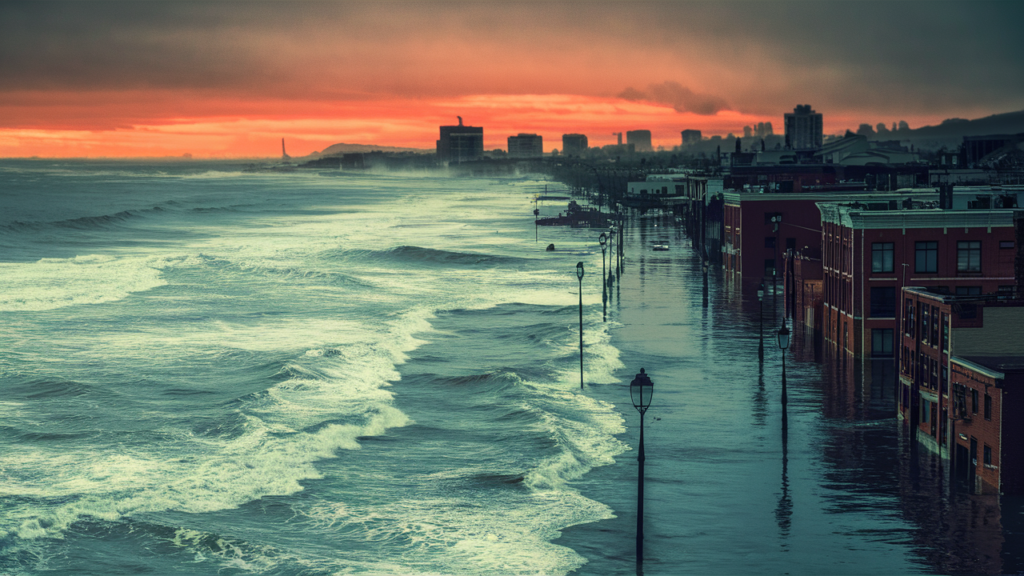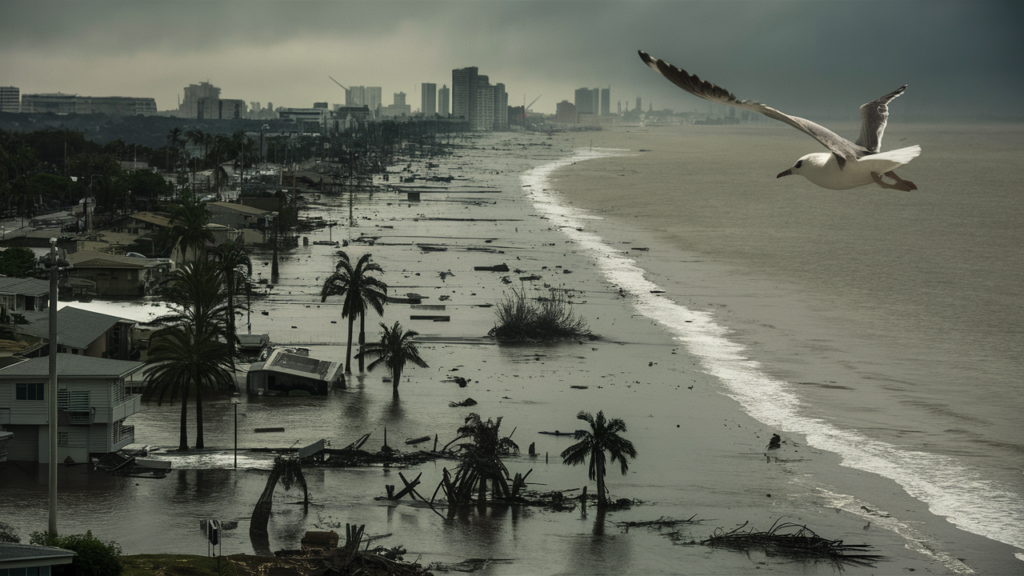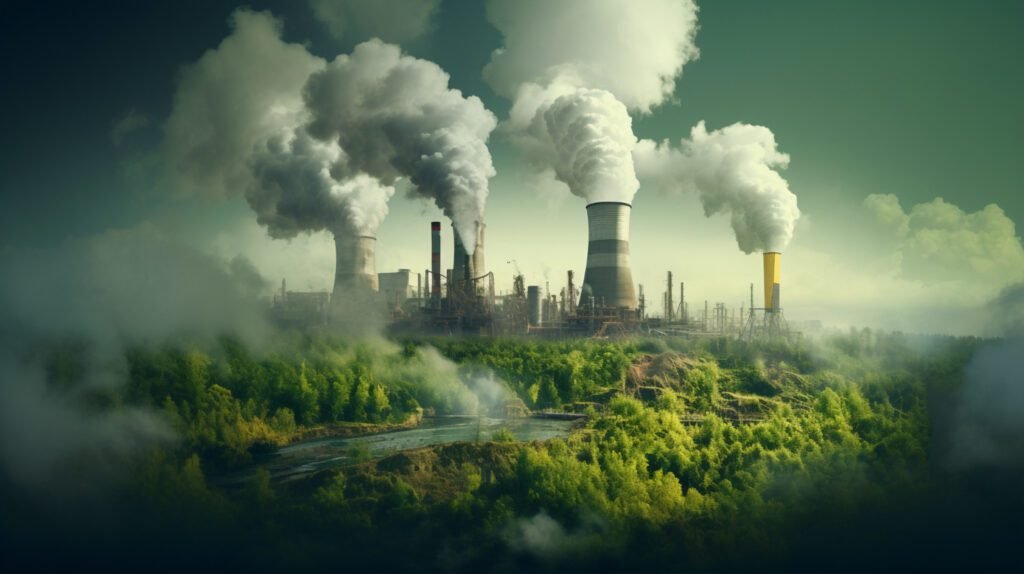The Alarming Rise: Effects of Global Warming on Sea Levels
How Global Warming is Raising Sea Levels
Global warming isn’t just a term we hear in the news—it’s a pressing reality with profound consequences, especially for our oceans. As the planet warms, ice caps melt, and oceans expand, causing sea levels to rise at alarming rates. Since 1880, the global sea level has risen about 8-9 inches (21-24 cm), with a third of that increase occurring in the past 25 years alone, according to the Intergovernmental Panel on Climate Change (IPCC).

The Science Behind Rising Sea Levels
To grasp the full picture, it’s essential to understand why sea levels are rising. Two main factors drive this change:
- Thermal Expansion: Warm water takes up more space. Human activities since the industrial revolution have increased greenhouse gases, leading to higher temperatures and causing the oceans to expand. The National Oceanic and Atmospheric Administration (NOAA) notes that thermal expansion accounts for about half of the observed sea level rise.
- Melting Ice Sheets and Glaciers: Greenland and Antarctica hold immense amounts of ice. Rising temperatures melt these ice sheets, adding water to the oceans. The NASA Earth Observatory reports that the Greenland ice sheet lost an average of 279 billion tons of ice per year from 1993 to 2019, contributing significantly to sea level rise.
Real-World Impacts: Coastal Communities and Ecosystems at Risk
Rising sea levels have far-reaching and severe effects, particularly for coastal communities. Cities like Miami, New York, and New Orleans already face increased flooding, even on sunny days, due to higher sea levels. The Union of Concerned Scientists projects that by 2045, around 300,000 homes in the U.S. will be at risk of chronic flooding.
Ecosystems are also in danger. Coastal wetlands, which protect against storm surges, are eroding and being submerged. This loss reduces biodiversity and diminishes the natural defenses these ecosystems provide to inland areas.

Economic Consequences: The Financial Toll of Rising Seas
The economic impact of rising sea levels is immense. Increased flooding and storm surges can cause billions in infrastructure damage. The World Bank estimates that by 2050, flood damage in coastal cities could cost $1 trillion annually. Moreover, tourism-dependent economies, particularly in island nations, face severe threats as beaches erode and marine ecosystems decline.
Mitigation and Adaptation: What Can Be Done?
Tackling rising sea levels requires both mitigation and adaptation.
- Mitigation: Reducing greenhouse gas emissions is critical. Switching to renewable energy, improving energy efficiency, and adopting sustainable practices are key steps. The International Renewable Energy Agency (IRENA) states that renewable energy could meet up to 86% of global power demand by 2050, significantly cutting emissions.
- Adaptation: Building resilient infrastructure and planning strategic retreats can help communities manage rising waters. The Netherlands, for example, has developed innovative flood management techniques, such as floating houses and advanced dike systems, which can serve as models for other regions.
Your Role: Act Now, Before It’s Too Late
The urgency to act against global warming and its effects on sea levels cannot be overstated. Every small effort counts, from reducing your carbon footprint by using public transportation to supporting policies aimed at combating climate change. By taking action now, we can mitigate future impacts and protect vulnerable communities.
You can read why environmental engineering is the need of the hour. 7 Reasons to Pursue Environmental Engineering In-Demand Career
Conclusion: Let’s Do It Before It’s Too Late
Rising sea levels highlight the urgent need to address global warming. The science is clear, and the risks are real.


